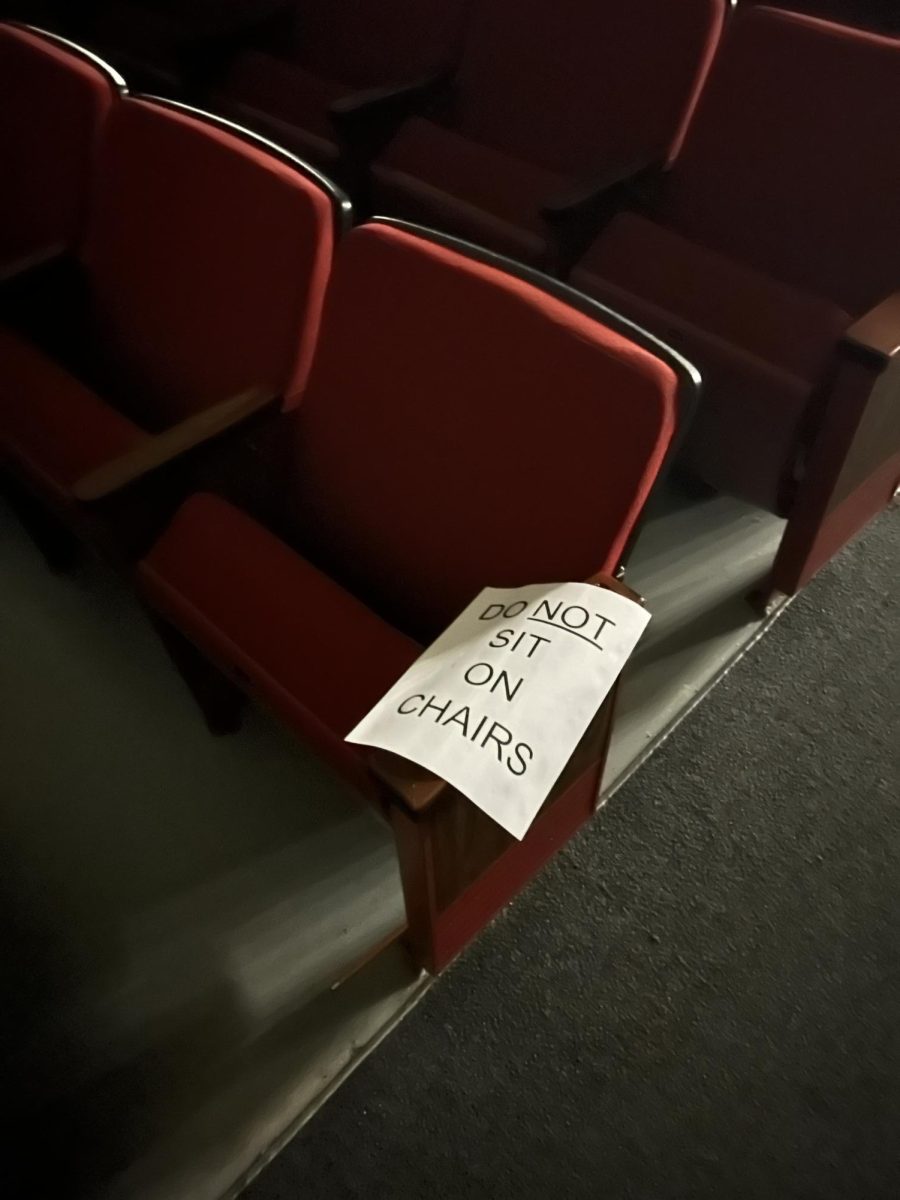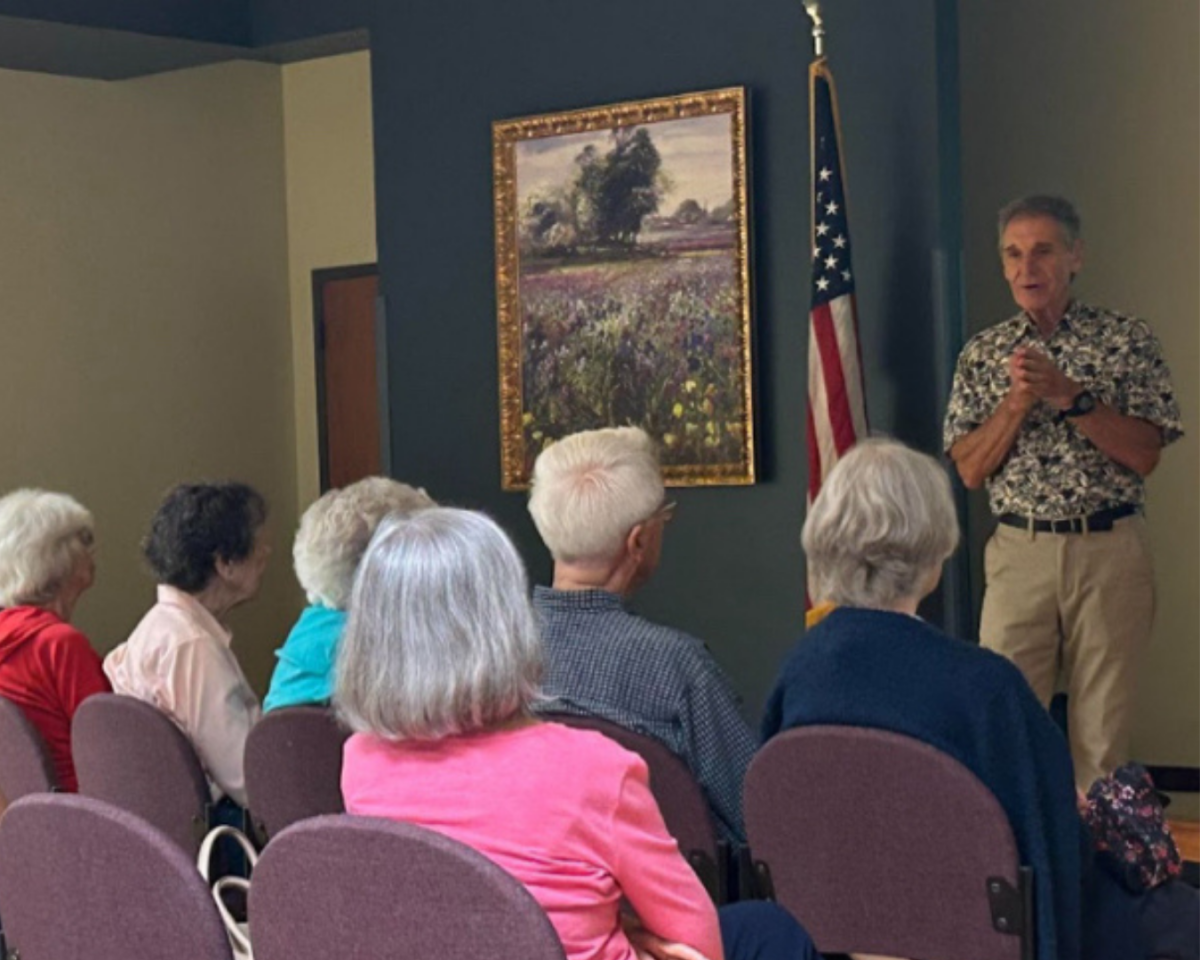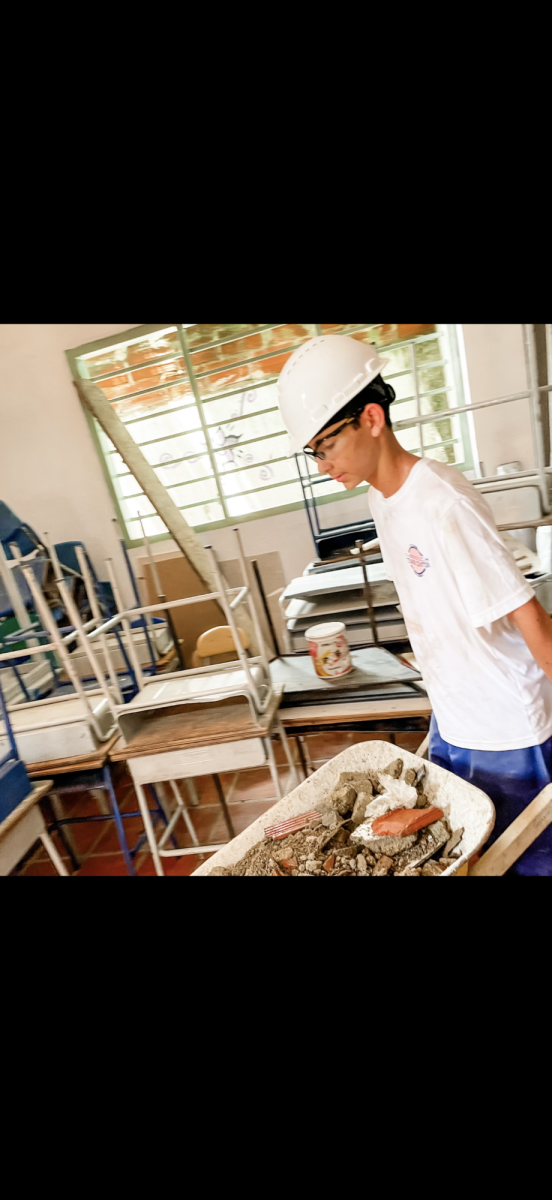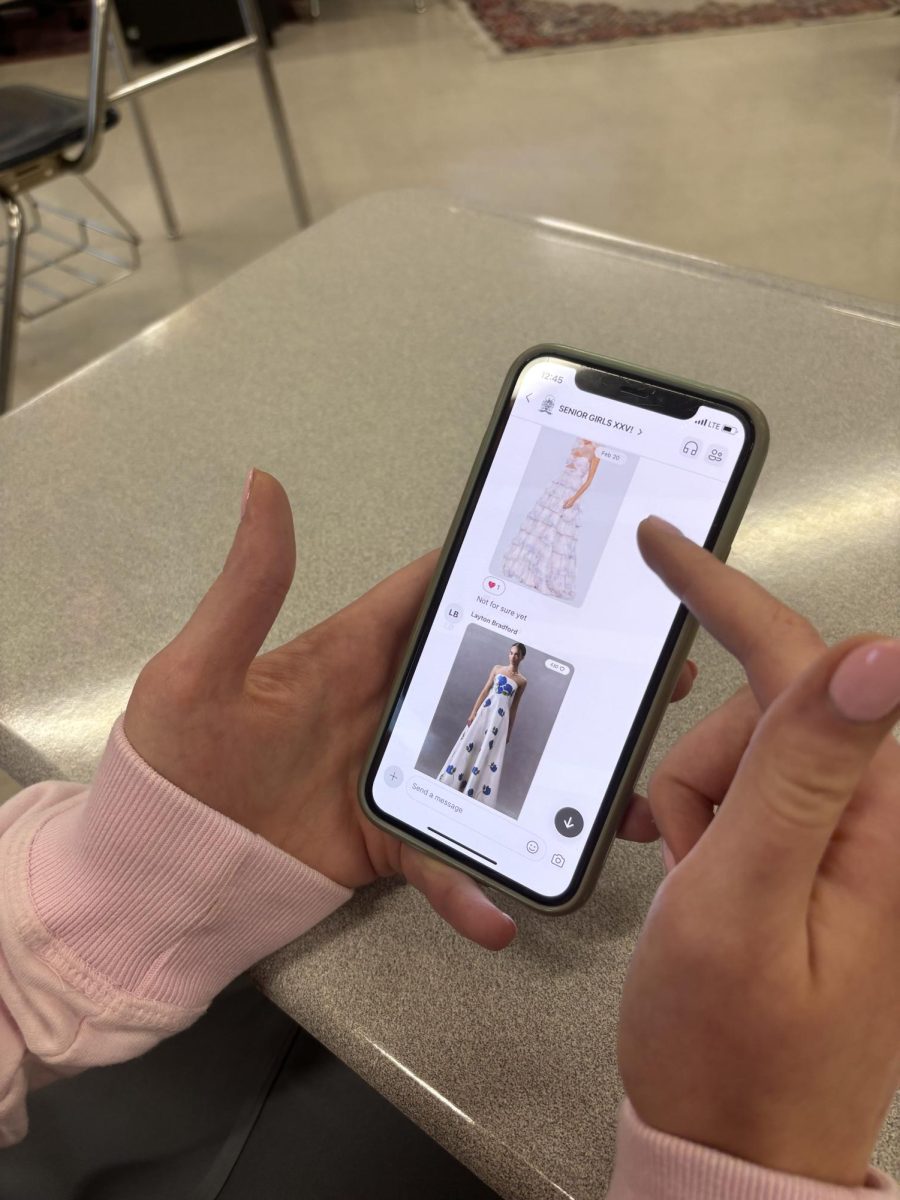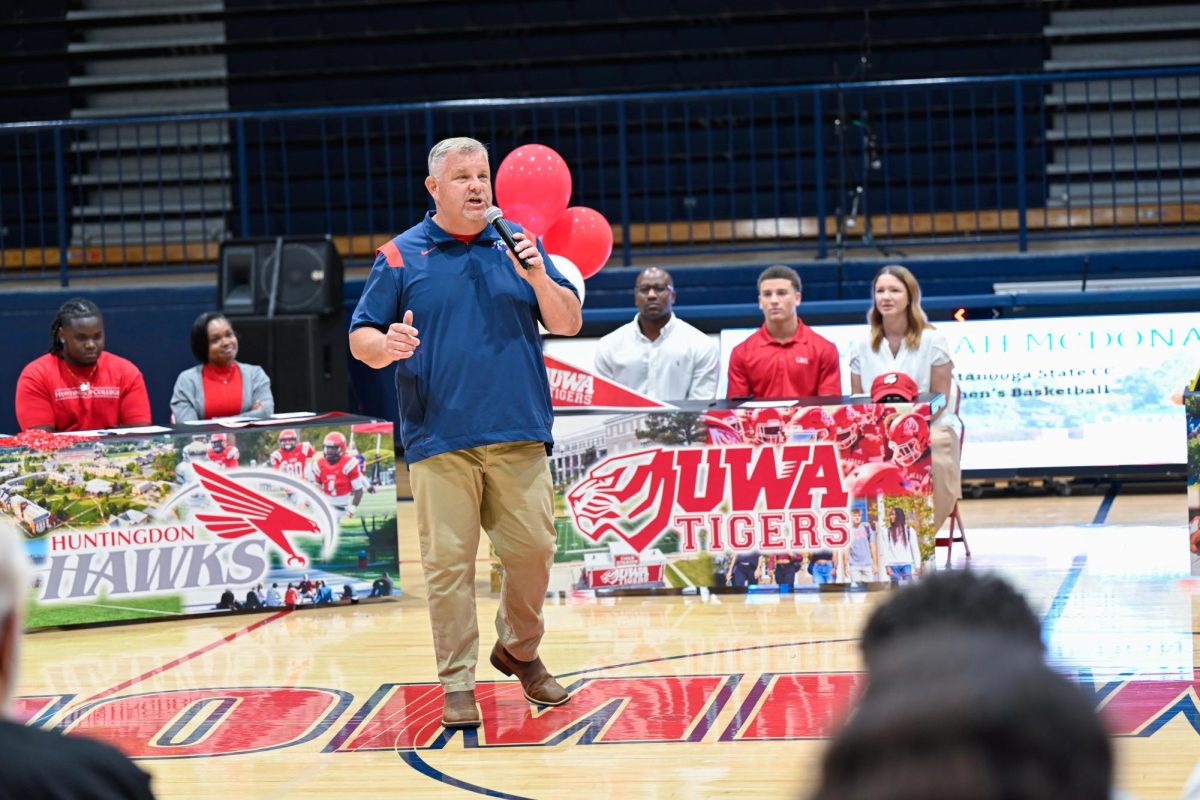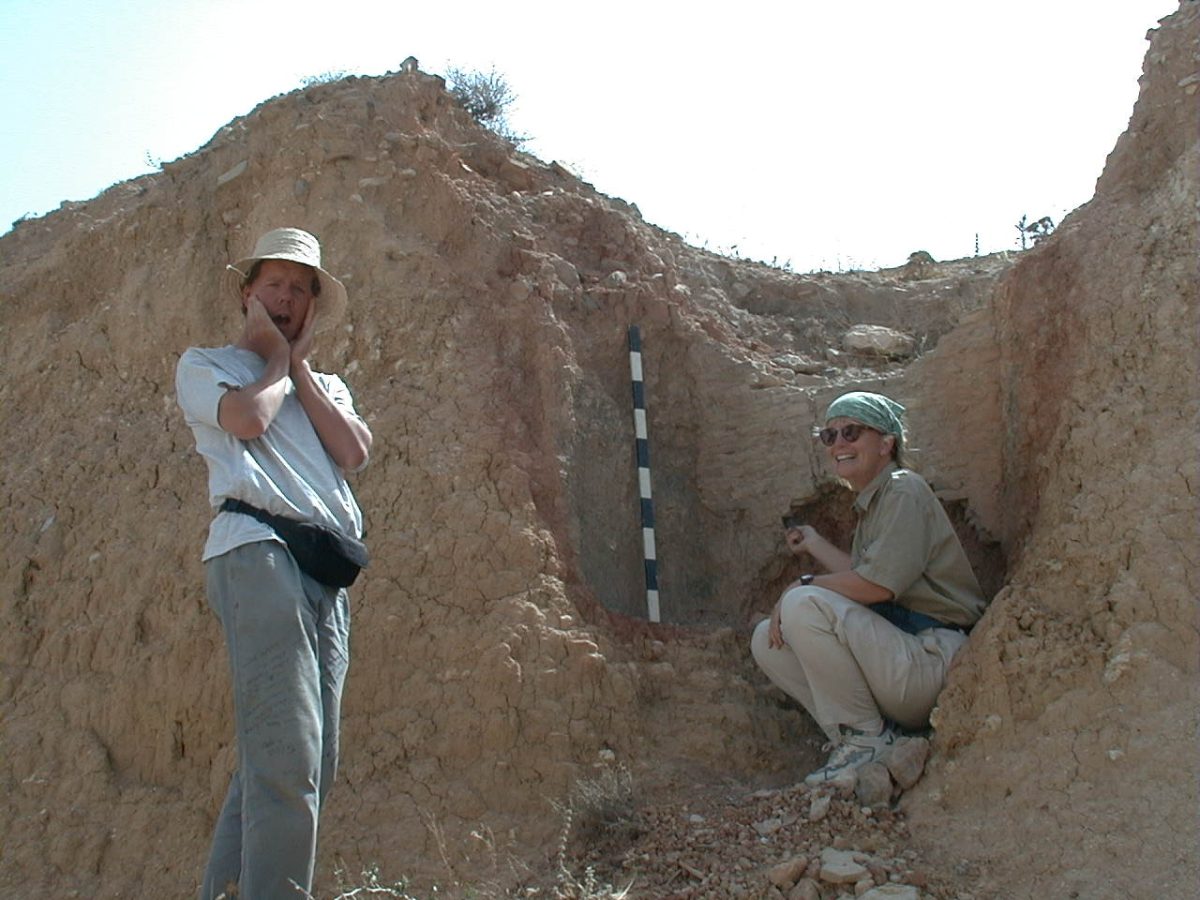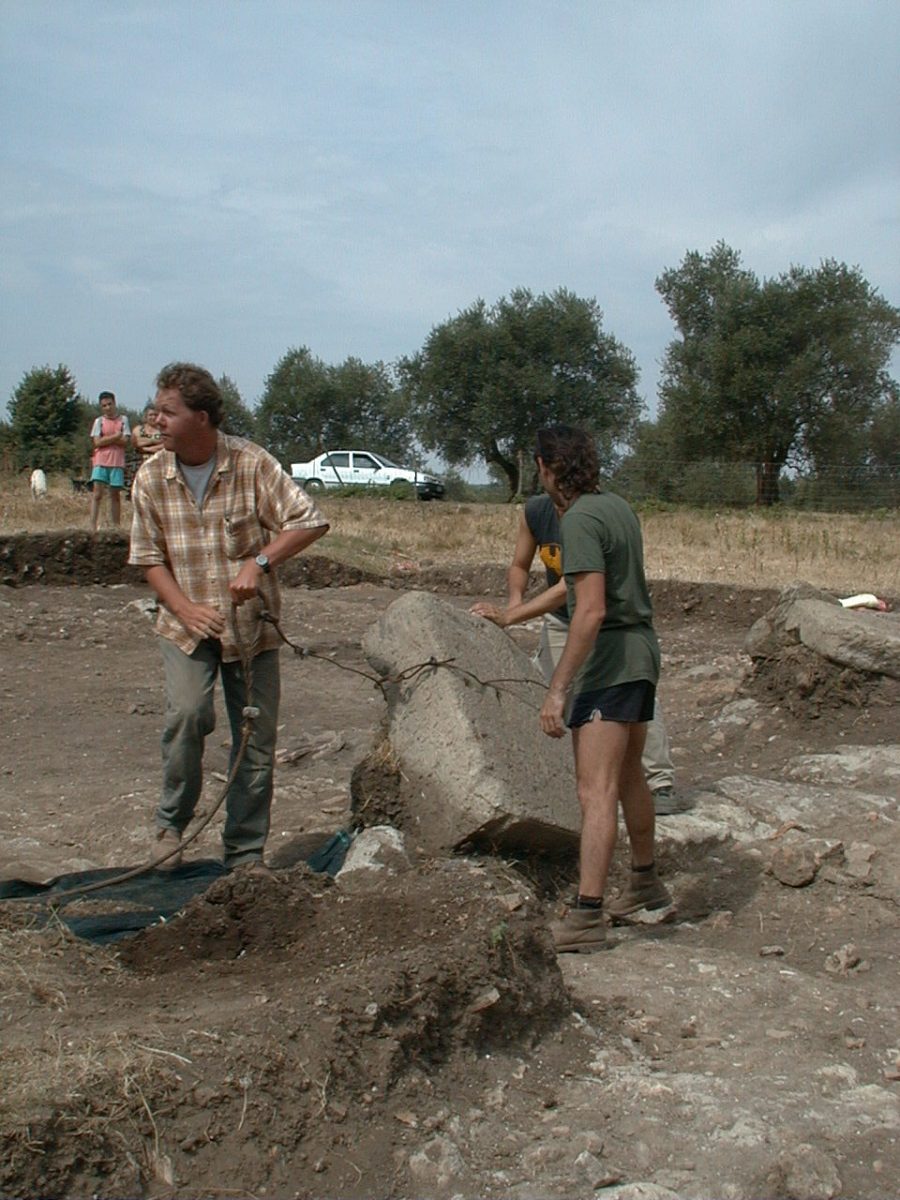While a Tunisian man was preparing the foundation for his new house, instead of digging into solid ground, he unexpectedly unearthed an ancient Roman grave. Hundreds of burials were discovered in the sprawling cemetery, and an archaeological team was commissioned in 1991 to explore the untold secrets of the past.
One of these archaeologists was Homewood High School’s very own Latin teacher, Douglas Welle. He was a key part of this project, and many others in his archaeological days. This excavation is one of many academic adventures of Welle’s past that contribute greatly to the wisdom he incorporates in his classroom.
Born and raised in Hillsboro, Ore., Welle has always had a strong academic inclination. This led him to Stanford University where he pursued Greek as his major. Following Welle’s sophomore year, he embarked to Europe for study abroad. He spent the summer in Athens, Greece, and the following semester in Rome, Italy, studying and working.
After he graduated from Stanford, Welle returned to the school he attended in Rome, but this time as an employee. He worked as the afternoon secretary and then as the night guard. His appreciation for Roman antiquity only grew during his two years living, working and exploring there.
Following these two years abroad, he decided he was ready to attend the University of Michigan for graduate school.
“When I was in Michigan, they were starting a project in North Africa, Tunisia.” Welle said, “What happens when you go to grad school in archaeology is they say that you need to work on a project, and we’re going to get you on it. That’s what got me there.”
He spent two years traveling between America and Tunisia working to excavate the site.
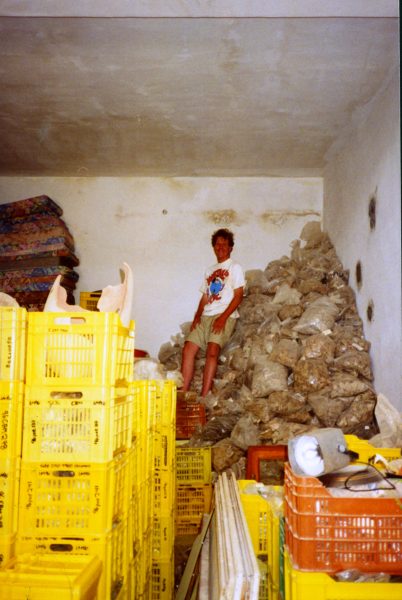
Following grad school, Welle began to explore his passion for the classroom, but this time as the teacher. His study of classics included an expansive Latin education. He said that this fact gave him the qualifications to teach Latin, which he did for three years at a high school in Virginia.
He wanted to take the next steps, so becoming a college professor became his goal. He attended SUNY Buffalo to complete his dissertation. In Welle’s pursuit of his PhD, he was required to commit himself to an archaeological project on which to conduct his research. He chose to return to Tunisia, the place that he had grown to love.
“I saw a ton.” Welle said, “I spoke to a lot of people, I met Tunisians from embassy types to people in poverty, and it was a great experience. I truly learned a lot.”
When he wasn’t in Tunisia, another requirement apart from the research aspect of grad school was working at a college teaching. He found an opening at Birmingham Southern College and decided to take it. He was originally supposed to work there for a year per his requirements but stayed for seven.
While Welle did pursue his doctoral degree, he decided that he didn’t need to complete it to do what would make him content in life.
“I wasn’t really happy with what you do when you’re a professor.” Welle said, “ I found I really didn’t like doing research, and in all honesty, I wasn’t particularly great at it. It seemed like my destination that I was aiming for had become less attractive.”
Welle realized that being a teacher without the other responsibilities was his passion. He jumped around to a few different schools out of state, returned to Alabama at Hewitt Trussville High School and finally found his way to Homewood.
One factor in his move from Trussville to Homewood was the encouragement of Dr. Zachary Barnes, now Homewood City Schools director of operations. He was the principal at Trussville while Welle was there, and then moved to Homewood. A year later when the Latin teaching position opened up, Barnes encouraged Welle to apply.
Barnes quickly recognized the personability of Welle.
“It’s like a magic trick,” Barnes said. “He doesn’t trick students but he endears them to himself and also to the content. I saw that very early on with him, how he had that gift. I knew that if I was doing this type of work in Homewood I wanted him to be a part of it.”
It’s clear to those who have seen Welle in the classroom that he has a natural gift for teaching.
“When you’re around greatness,” Barnes said, “and I’m using greatness in reference to Welle, I think other people want to be around that. That’s why kids are drawn to him.”
Welle has been able to establish this “greatness” in part through his talents and also by the accumulation of his life experiences. He can connect with students on a personal, multifaceted level similar to what he experienced forming relationships when living abroad. He learned from the people he interacted with to develop this skill.
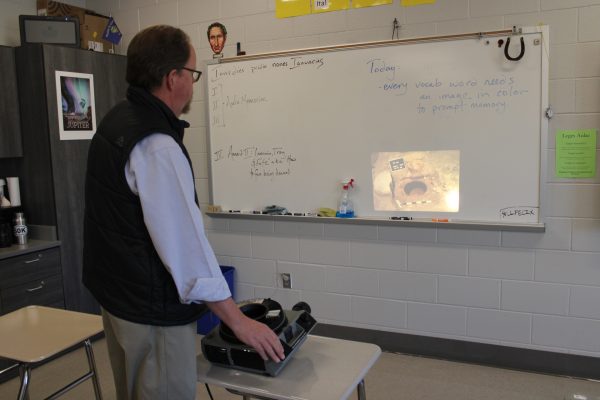
“You don’t really understand other people until you go see how they live, and why they live the way they do.” Welle said, “Going to other places really makes you hold a mirror up to yourself, and for me, I got a big dose of that when I studied abroad in college. That’s why when I talk about it in class, I say you have to do study abroad.”
He consistently shares these brief anecdotes with his students which adds practicality to the wealth of Latin knowledge that anyone in his class will earn. These bits of wisdom contribute to the persona that Welle has adapted and what makes having him as a teacher so appealing.
While Welle doesn’t anticipate retiring anytime soon, he is planning for his future after teaching. He doesn’t want to completely forfeit any role of benefiting others and wishes to continue finding ways to share his knowledge. He says this might be tutoring or mentoring someone in carpentry since this is one of his favorite hobbies.
While Welle’s path to teaching at Homewood has been eventful, his journey has led him to the array of knowledge that makes his class so engaging. The environment that Welle has created will be sure to go down in Homewood’s history books as legendary.




